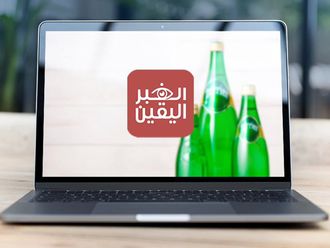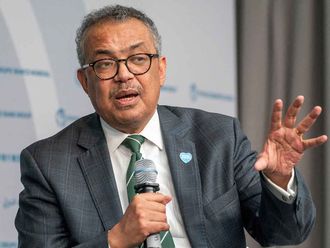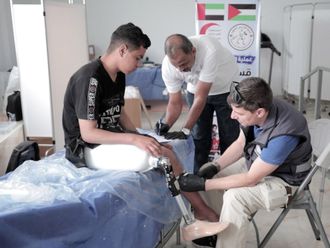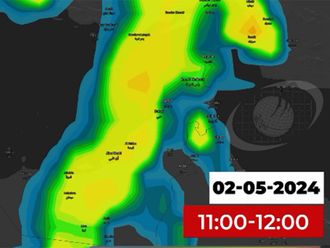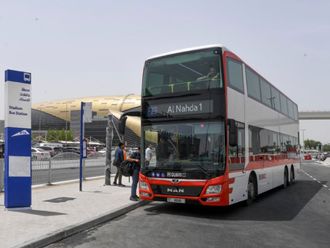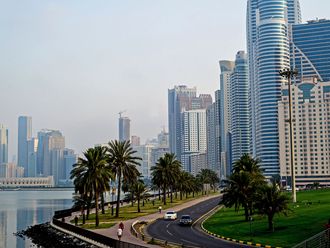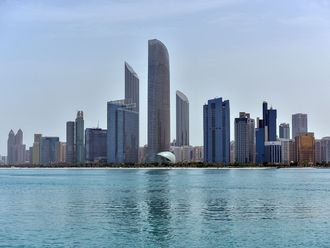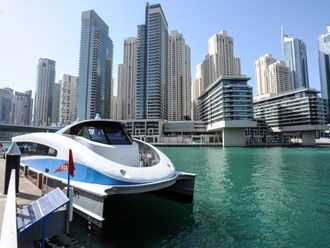Dubai: The UAE's first nursing and midwifery council was launched on Monday to help improve quality of health services across the emirates and to attract Emirati women to the nursing profession.
"There is a huge increase in demand for nursing services due to rise in chronic diseases and aging population," said Fatima Al Rifai, the council's secretary and board member at the inauguration.
The president of the council is Princess Haya Bint Al Hussain, wife of His Highness Shaikh Mohammad Bin Rashid Al Maktoum, Vice-President and Prime Minister of the UAE and Ruler of Dubai.
Dr Hanif Hassan, Minister of Health, said the council is tasked with the aim of regulating the nursing profession and developing standards and accreditation programmes.
"The council will authorise health organisations as nursing training centres, propose new legislation and practices to promote nursing and midwifery to achieve quality and excellence in their services."
He said the council was given specific tasks by Shaikh Mohammad last March. The set up of the council shows the government support to the health care sector and to help preserve health and safety of the community, he said in his speech.
Princess Haya was accompanied by Princess Muna Al Hussain, president of the Jordanian Nursing Council at the ceremony at Atlantis, The Palm. Other dignitaries present included Humaid Al Qutami, Minister of Education, Dr Naeema Al Ghasser, assistant regional director of World Health Organisation (WHO) and Dr Tawfiq Bin Ahmad Khoja, director-general of Gulf Cooperation Council Health Ministers' executive office.
Fatima pointed out that there is a huge shortage of nurses and midwives in the country and that Emirati women are not encouraged to take up the profession.
She also noted that presently there is a lack of unified regulations to ensure competence and skill in the nursing profession and that there is a need to change the image of this important profession from just ‘vaccination givers' to be part of the decision-making process.
Naeema noted how the Arab region lags behind in medical research and that WHO regards health as a human right. "You cannot separate education and health," she said, noting how better educated women will lead to better health of the children.
The four areas the Council will enforce by 2015:
- Unified registration and licensure system
- Setting up a national database to support human resources
- Accreditation system for nursing and midwifery education programmes
- Setting up a model for speciality education and practice


